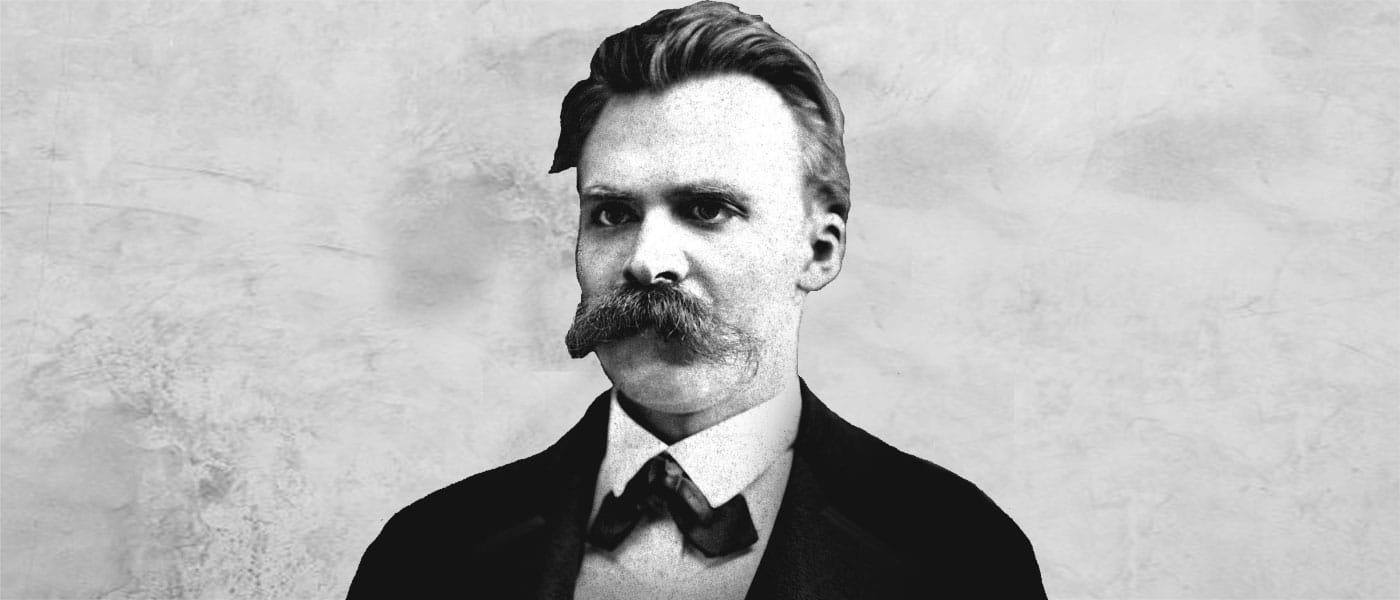MAGA as Master Morality
How Nietzsche explains our Trumpist moment
Timothee Chalamet won the SAG Award for Best Actor last week, and in his acceptance speech he said something that I haven’t been able to get out of my head:
"I know the classiest thing would be to downplay the effort that went into this role and how much this means to me… I know we’re in a subjective business, but the truth is, I’m really in pursuit of greatness. I know people don’t usually talk like that, but I want to be one of the greats. I’m inspired by the greats. I’m inspired by the greats here tonight. I’m as inspired by Daniel Day-Lewis, Marlon Brando and Viola Davis as I am by Michael Jordan, Michael Phelps, and I want to be up there. So I’m deeply grateful. This doesn’t signify that, but it’s a little more fuel. it’s a little more ammo to keep going. Thank you so much.”
Social media reaction was mostly positive. But while many users celebrated Chalamet’s vision for himself and his open ambition, others described it as ‘right wing’, ‘a bit of ick’, and ‘something Paul Atreides would say on his genocidal phase’.
But why would it be considered problematic for Chalamet to say that he’s pursuing greatness? Why did Chalamet take care to hedge several times (I know people don’t usually talk like that…)?
Modern culture often valorizes the weak over the strong. You’ll see this pop up in the strangest places. We’ve talked before about the complex PR battle between Hollywood stars Justin Baldoni and Blake Lively, but what’s not explicitly laid out is that both Baldoni and Lively are competing through the press to see who can appear to be the weakest. Lively says that Baldoni is a domineering man, a director with power over her who mistreated his female lead. Baldoni counters that Lively is a much bigger star than he is - she’s more famous, she’s got more connections, and she’s likely a billionaire from her husband’s investments. She was the powerful force who bulldozed him and insisted on doing things her way. Whichever of the two more powerful is implicitly assumed to be a worse person and to shoulder more blame for their feud.
Scott Alexander calls these bravery debates, where the side that has less power and less influence is automatically assigned higher moral worth. Once you notice this pattern you’ll begin to see it everywhere - especially in left-of-center social media discussions. Who has it worse in the 2020s - men or women? Prepare to watch both genders argue they’re the ones who have it bad. Is affirmative action a good idea? Depends on whether you’re centering Black students as oppressed or Asian students as unfairly targeted. To be the victim is, paradoxically, to be in a position of rhetorical strength. This phenomenon is so widespread it has its own snarky Wikipedia page - the Oppression Olympics.
Why should we care about any of this? Because the reaction to Chalamet’s speech and these types of fights on social media can tell us something important about the current political moment.
Why do we valorize the weak?
Let’s quit the modern day and take a walk through everyone’s favorite subject: 19th century continental philosophy. I promise it won’t be boring.
One of the most important concepts from Friedrich Nietzsche’s work was his theory of the master-slave moral duality.1 According to Nietzsche, master morality was the original form of morality in which ‘good’ was a self-evident property of the rich and powerful and strong. The archetype here would be a hero out of a classical Greek tale like Achilles. Achilles was good because he was stronger and faster and smarter than anyone else, because he slept with the most beautiful women and killed the most enemies. Strength was its own virtue, its own source of moral good.
Under master morality, to be good is to be noble, strong, powerful and superlative, to be bad is to be weak, timid and cowardly. The ‘will to power’ is natural and right. It’s natural for the strong to dominate the weak. The strong deserve their power, they’ve taken it by right, and the place of the weak is either to support the strong or to be dominated.2



